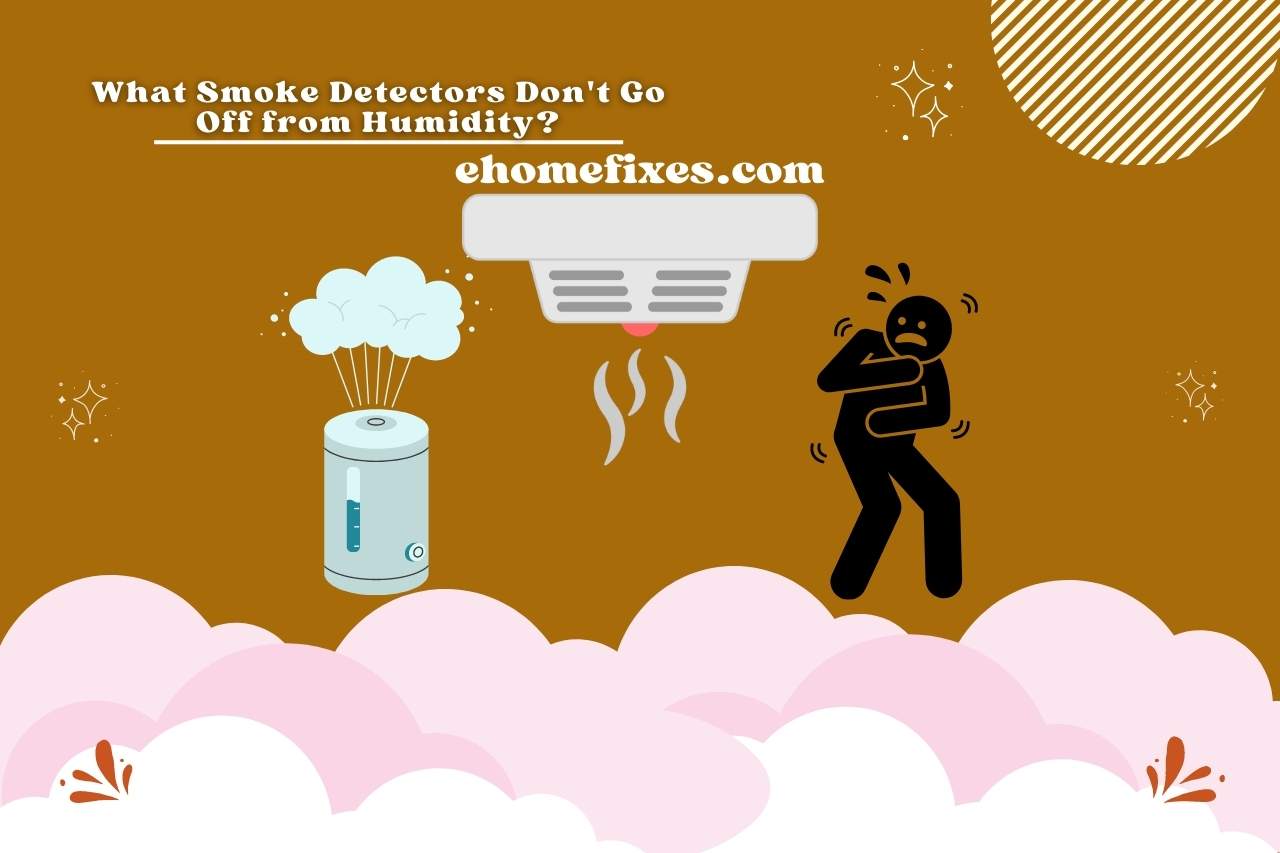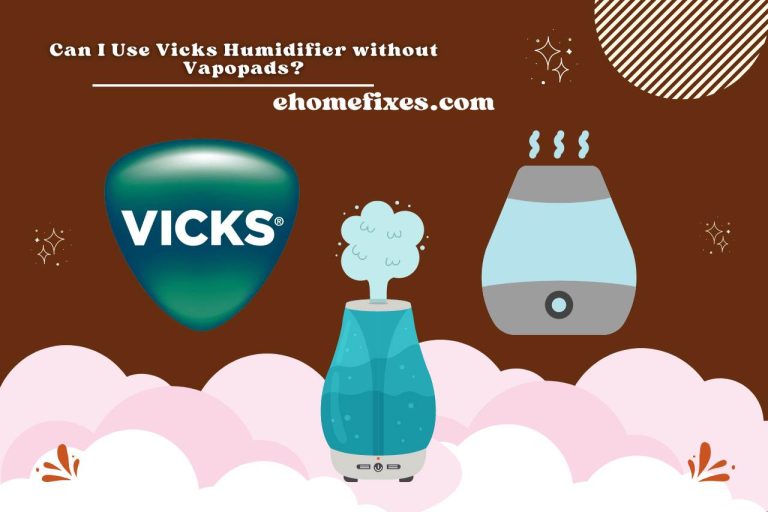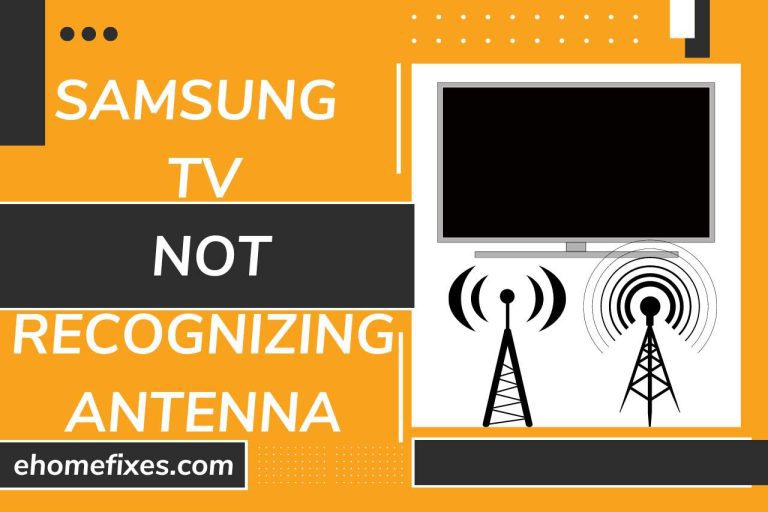Can a Humidifier Set Off a Smoke Alarm? Debunking the Myth!
Humidity is the amount of water vapour in the air. A proper level of humidity is required for us to function healthily. High humidity causes people to feel more heat than the actual temperature, and it can cause dehydration, fatigue, muscle cramps, heat exhaustion, fainting and heat stroke. On the other hand, low humidity can cause dry skin and hair, colds and respiratory illness and allow viruses and germs to thrive. Humidifiers and air condition units are some solutions developed to face humidity issues. The high and low humidity and instruments created to regulate the humidity will not only cause health issues but can cause issues to the equipment around us. This article asks, “Can a humidifier set a smoke alarm?”.
Can a Humidifier Trigger a Smoke Alarm?
A humidifier is an appliance that can increase the humidity of the air by releasing water vapour. Thus regulating the humidity of the air to an appropriate level, which is 45%. Humidity levels below 30% and above 50% are considered too low and too high.
The percentage value of the humidity is called relative humidity, calculated concerning the temperature. That is the percentage of maximum humidity at a given temperature. The air’s humidity is measured using a device called a hygrometer.
Apart from the health issues mentioned earlier, low humidity can also cause the wood floors, furniture, and other wood items to split and crack, paints to chip, and even electronic items to get damaged.
A humidifier is used to remedy the low humidity, which releases water vapour to increase the humidity. A smoke detector can misidentify this water vapour as smoke and trigger the smoke alarm.
How Do Smoke Detectors Work?
Ionization and photoelectric smoke detection are the most commonly used technologies in smoke detector manufacturing.
-
Ionization Smoke Detection
The device contains two electrically charged plates with a small amount of radioactive material (Americium 241) between them. The radioactive material ionizes the air between the two plates allowing current to flow. When the smoke gets between the two plates, it disrupts the flow of irons through the air, reducing the current flow between them and activating the alarm.
-
Photoelectric Smoke Detection
The device contains a photoelectric sensor and a light beam. Initially, the light source aims at an angle away from the sensor when the smoke disrupts the light beam resulting in scattering of the light, which will touch the sensor resulting in the alarm going off.
What Humidity Level Sets Off a Fire Alarm?
As there is no way to identify the amount of smoke required to set off the alarm, the amount of moisture or humidity that sets off the alarm cannot be quantified.
However, photoelectric smoke detectors are best for areas with high humidity, such as kitchens, bathrooms and near humidifiers.
In most cases, the fire alarms are not triggered due to the increased humidity but due to poor air circulation.
It is vital to maintain good air circulation as well as proper humidity. In any case, fire alarms should never be disconnected. They play a vital role in safeguarding lives.
How to Stop your Humidifier from Setting Off a Fire Alarm?
There are ways to reduce false fire alarms due to humidifiers and humidity not caused by humidifiers.
- Turning Down / Off the Humidifier – High humidity is terrible as low humidity. If the humidity is high, the humidifier can turn it down or off.
- Proper Air Circulation – By using fans or exhaust fans, good air circulation can be maintained in the rooms. This will reduce false fire alarms and maintain equal humidity in the rooms.
- Maintain Proper Distance – By having a safe distance between the fire alarm and the humidifier, the unwanted alarm setting off can be minimized.
- Reducing the Indoor Plants – The plants naturally evaporate water, and the water poured into the plants will increase the humidity.
- Kitchen and Bathrooms – The humidity is usually high around kitchens and bathrooms. Both fire alarms and humidifiers should be fixed at an appropriate distance.

What Smoke Detectors Don’t Go Off from Humidity?
As explained, there are two types of smoke detection methods. The humidity has more effect on ionization smoke detectors than the photoelectric smoke detectors.
The ionization smoke alarms are more responsive to flaming fires, and the photoelectric smoke alarms are more responsive to fires that begin with a long period of smouldering.
Smoke detectors are used to prevent fires, and most modern fire detectors are a combination of both smoke detection methods.
It is more advisable to use other methods like turning down / off the humidifier, proper air circulation, maintaining proper distance (Humidifier and smoke detector), reducing the Indoor plants, proper ventilation in kitchen and bathrooms, etc., to avoid smoke detectors going off due to humidity.
Tips for Proper Humidifier Placement to Avoid False Alarms
The smoke alarm will win with a massive lead in a race for the importance between the smoke alarm and the humidifier.
It is not only because it is an essential item in the local government building code but a potential lifesaving equipment. Usually, in most places, it is required to set up the alarm system following the rules and regulations given by the local governments.
The placement of the humidifier comes after correctly placing the fire alarm system. Usually, it is advised to place the humidifier 3 feet away from the nearest fire alarm so that the moisture it emits could cause the alarm to produce a false alarm.
As explained in earlier chapters, apart from the 3 feet rule, there are many things to consider to maximize the humidifier while being protected from potential fires.
Can Steam Set Off a Smoke Alarm?
Steam can undoubtedly set off a smoke alarm, and more risk is involved than average humidity. There are some humidifiers, as well as other areas in a household, that can produce steam.
- Vaporizer Humidifiers
- Ultrasonic Humidifiers
- Kitchen
- Bathrooms
More attention should be given to smoke detectors fixed near the above areas and the steam-emitting humidifiers. Usually, it is advised to have a certain distance between the smoke detectors and the kitchen/Bathrooms.
There are unique ventilation methods that reduce the steam generated in bathrooms and kitchens, similar to exhaust fans.
Kitchen exhaust hoods play a significant role as the oily steam from cooking sets off the smoke alarm and can damage the smoke sensors.
Watch this one,
Video Credits – Ask About GAMES
You May Also Like
- Can I Use Vicks Humidifier without Vapopads? (No VapoPads? No Problem!)
- Does a Humidifier Increase Oxygen? Humidifiers and Air Quality!
- How Long does It Take for a Humidifier to Work? Humidifier Efficiency!
- Why does My Humidifier Smell? Unraveling the Mystery!
- Humidifier Spitting Out Water – Here’s What You Can Do!







